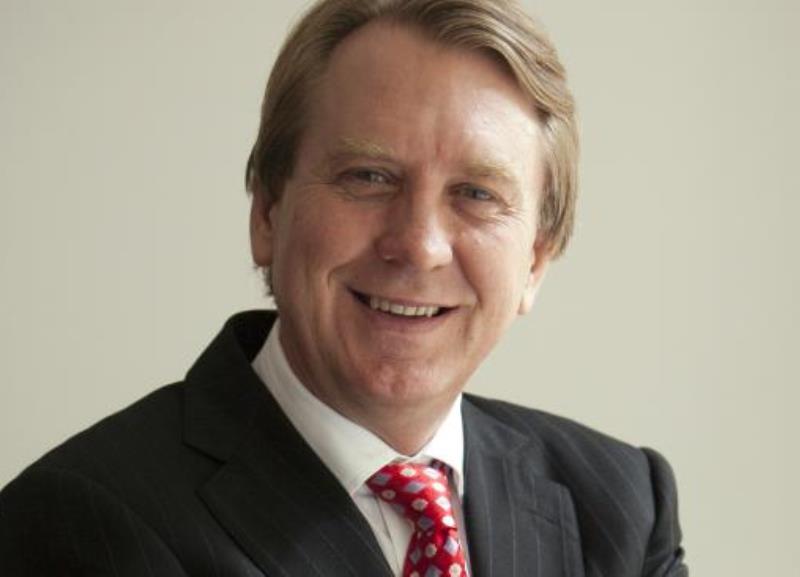The Australian Smart Communities Association (ASCA) may have good intentions in trying to promote and facilitate the need to build smart cities infrastructure, but it might need to look at the composition of its board first.
Does it reflect the composition of cities? Because unless its specialises in all-male communities, its board and senior executive is missing something critical.
Based on the association’s current list of executives and board of directors, who were elected in November 2016, it’s an all-male team.

Where are all the women? Do women not live in smart cities? Because surely a city with no women is less smart – let’s call it dumber – than a city with, you know, the usual proportion?
Margaret O’Rourke was the only female representative until she stepped down from the role after being elected mayor of Bendigo. She has since been replaced by Glenn Pomeroy.
Alexia Lidas from Metis Advisory, was appointed to a board management committee a couple of weeks ago as the sole female representative in the group.
Recently appointed chief executive Laurie Patton says there are plans to the increase the association’s female representation so that the association meets the 30 per cent gender diversity target set out by the Australian Institute of Company Director.
“ASCA is very conscious of the importance of gender balance. Last week the executive met and discussed arrangements for the upcoming AGM, including a move to become an incorporated association,” he told InnovationAus.com.
“We will also be focusing on ways to improve the skills mix on the board and to encourage greater diversity of membership, especially in respect to gender equality.”
While Mr Patton can be commended for his intentions to address current gender misrepresentation in the association, can ASCA, formerly known as the Broadband Alliance, really be counted on to represent women?
Mr Patton commented that as part of his tenure at ASCA, he will run a listening tour and hear out both sides of government at all levels, but will not refrain from being vocal about the association’s agenda.
“My role at ASCA is similar to the role I had in Internet Australia and that is to increase the positioning of the organisation, so that it can advocate for the interest of its members.
“What I like about this challenge is that we’ve got a really good story to tell,” he said.
“We want to increase membership, but we also want to increase our involvement with communities that our members represent, and we want to increase our engagement with all levels of government. Because in the end, we will only create smart communities if we can engage and collaborate with all the levels of government and both sides of politics.
“I’m looking at a bi-partisan strategy that will involve us developing long term plans to enhance our communities using technology but engaging with the people in those communities as we decide how to leverage that technology.”
Do you know more? Contact James Riley via Email.

